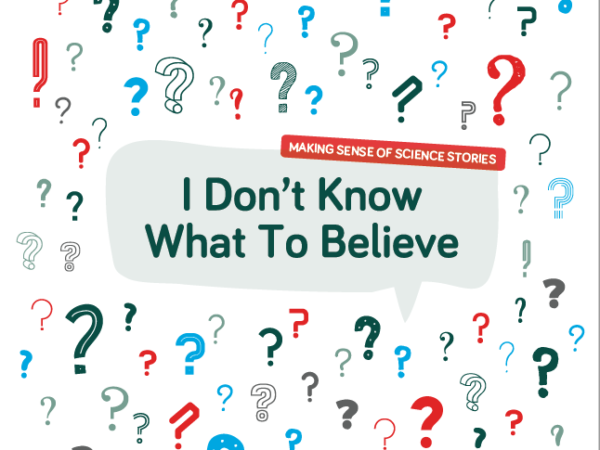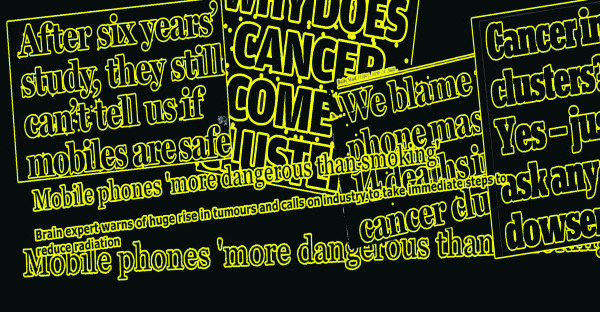Making Sense of Nuclear
What’s changed in the debate?
This guide is an exploration of what seems to have changed and to have changed minds.
Published: 28 June 2017
All our guides are date stamped and reflect the scientific findings and knowledge available at the time of publication.
Did you Know?
The International Energy Agency projects that between 2014 and 2040 world energy demand will have increased by 37%.
Background
In recent years some prominent advocates for the environment have become advocates for nuclear power. Film directors, parliamentarians, journalists and environmental campaigners: people who once were opposed to nuclear power have changed their minds. This guide is an exploration of what seems to have changed and to have changed minds.
Partners
This guide was produced in collaboration with Energy for Humanity, Institute of Physics, the University of Manchester Dalton Nuclear Institute, National Nuclear Laboratory.
What is the problem this guide is addressing?
A lot of the debate about nuclear power is economic: about whether subsidies for this part of the energy sector would come at the expense of others, whether energy infrastructure should be subsidised at all and whether specific proposals for new nuclear plants make sense. Some people are no doubt concerned by this alone. But nuclear power has a legacy of suspicion attached to it, which in the past gave rise to some claims about safety that have turned out not to be true, but which continue to influence discussions about the options, economic or otherwise. The industry and governments haven’t typically in the past been very open on the detail of nuclear installations. That is why we got together with a group of scientific organisations to produce this guide and try to bring discussions up to date.
Please share the guide widely and tell us what you think: it would be great to hear your thoughts. Get in touch at: [email protected].
Published: 27 June 2017






